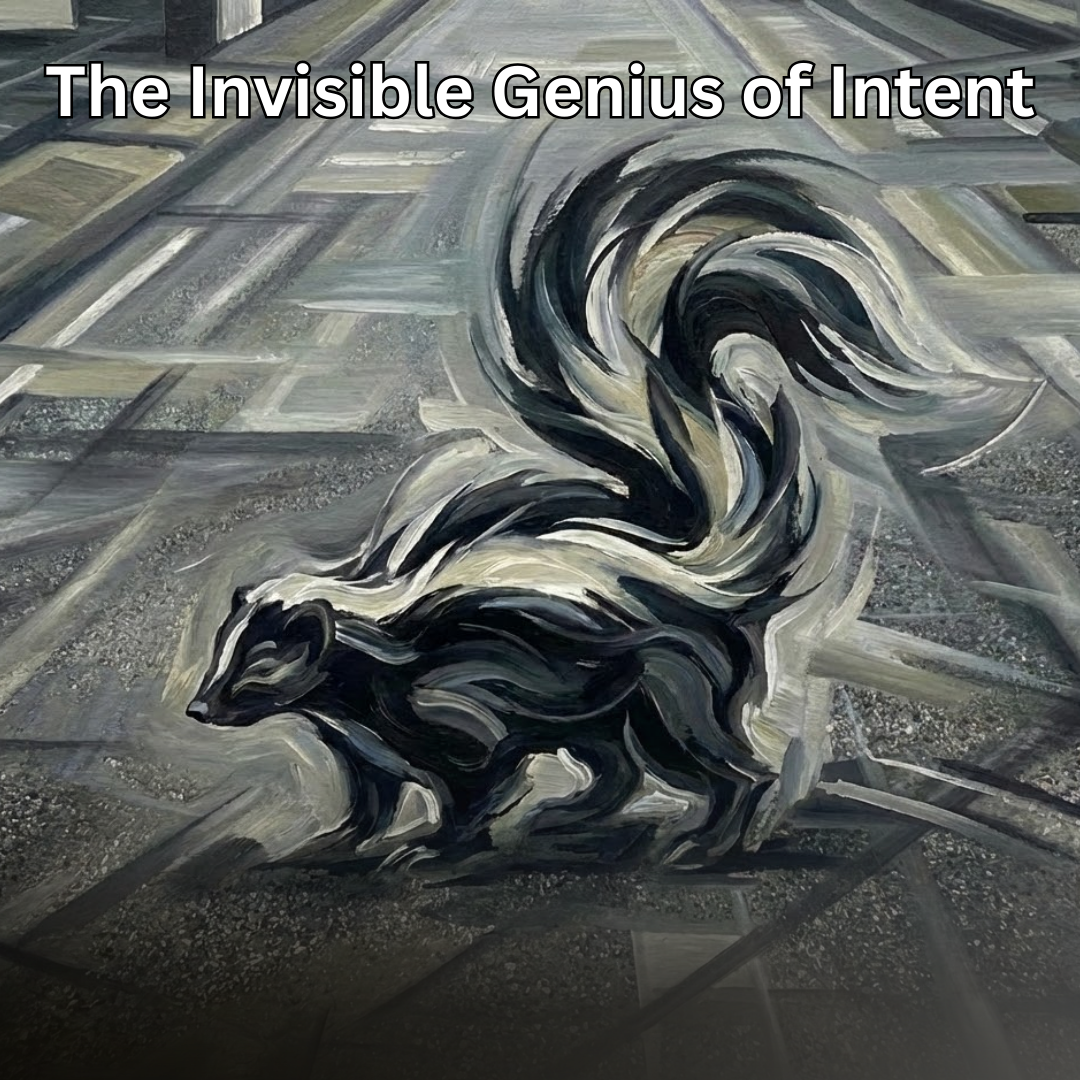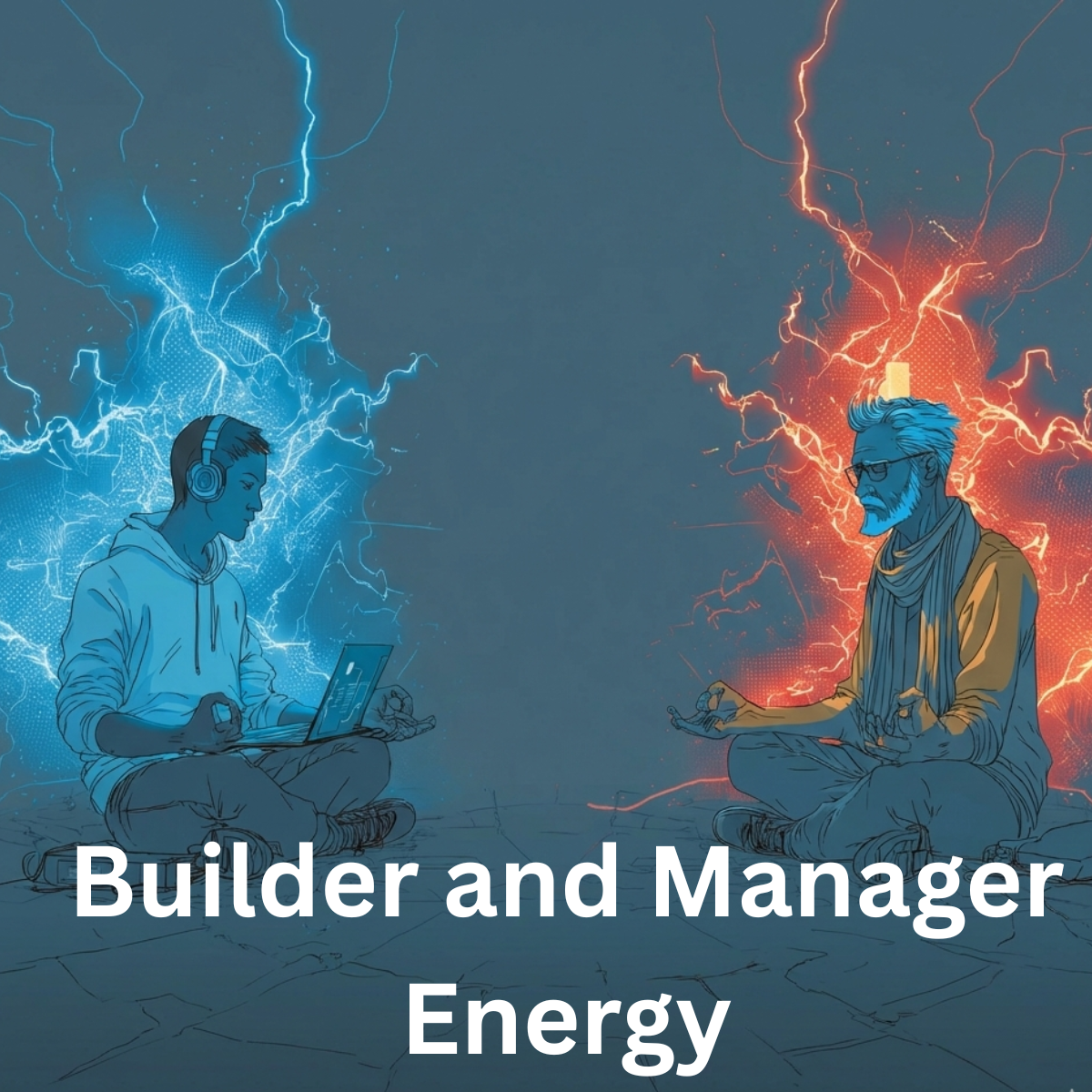The secret to creating something that millions of people will buy? The answer is quite simple—have the courage to create something you would actually want to use. Write what you would want to read. Make a product you would buy. Design an application you would pay to use.
Here’s the truth: you are not as unique as you think. You’ve probably convinced yourself otherwise. Your ego has been working on that since the first time a bully in elementary school made a joke at your expense. The reality is, yes, we are all unique—but not so different in the end. We share similar passions, compulsions, needs, and desires. If something works for you, chances are it will work for a significant percentage of the population. The problem many people face is they’re trying to build something that “stands out,” rather than something they themselves would be willing to pay for.
I was driving home, listening to a podcast filled with embedded advertisements. I thought to myself, “Why am I listening to this? I’m not even that interested.” So why was I wasting my time? That led me to consider: what would I actually want to listen to? I thought about the topics I find fascinating. When I got home, I searched for those ideas, and although I found a few in that genre, there wasn’t a show that addressed the specific thing I was looking for. That’s when it occurred to me: how many other people might be looking for the same thing?
But that’s the wrong question. If it’s something I would enjoy, then millions of others probably would too. Welcome to the connected economy. The beauty of living in this era is that no niche concept or cottage industry is confined to a small geographic area. You quite literally have access to the entire world.
A few years ago, the blog I write daily started gaining traction overseas. Suddenly, I had a sizable number of subscribers from the same region. At first, I assumed it was bot-driven traffic. But after reading the comments, I realized it was genuine. Someone read one of my posts, subscribed, and shared it with friends and family. Even though I’m an English-speaking, Midwestern U.S.-raised Christian, I found I had much in common with people from a foreign country who do not speak my language, do not share my faith, and have different cultural references. What I’ve come to understand is that I do not hold a patent on ideas—human curiosity is universal. That’s something I share with many others.
I’ve stopped assuming people are all that different. We share the same basic needs, and more often than not, we can find common ground.
That taught me an important lesson: if I find something interesting and compelling, chances are others will too. We shouldn’t dismiss ideas simply because we don’t immediately see a market. There’s really only one question that matters: do you find the idea compelling? Would you pay money for it? If the answer is yes, then you have a market. You have an audience. You have a customer base. If it fits you, it likely fits millions of others.
This concept has its origin in something I once heard Stephen King say in an interview. He explained that he writes the ideas that come to him, without worrying too much whether others will read them. In his heart, he believes that if he enjoys the story, others will too. That seems like sage advice—the most important audience, the most important test case, is yourself.
So is it wise to build a product around an audience of one? If that one is you, then yes. If you find something that solves a problem in your life—and you’d be willing to spend money to fix that problem—then you’re sitting on a potentially life-changing, money-making idea. The question is: are you willing to act on it?
Can’t find a good book to read? Nothing out there hits the mark? Then write the book you want to read—and you just might have a bestseller.




